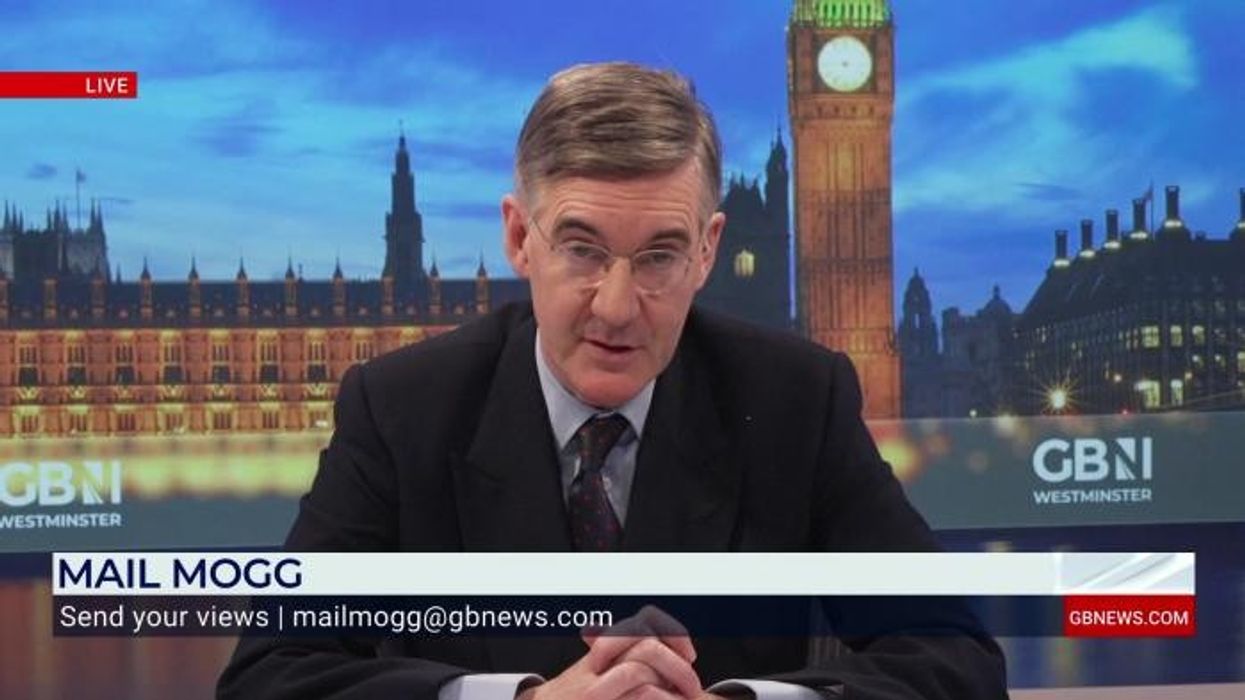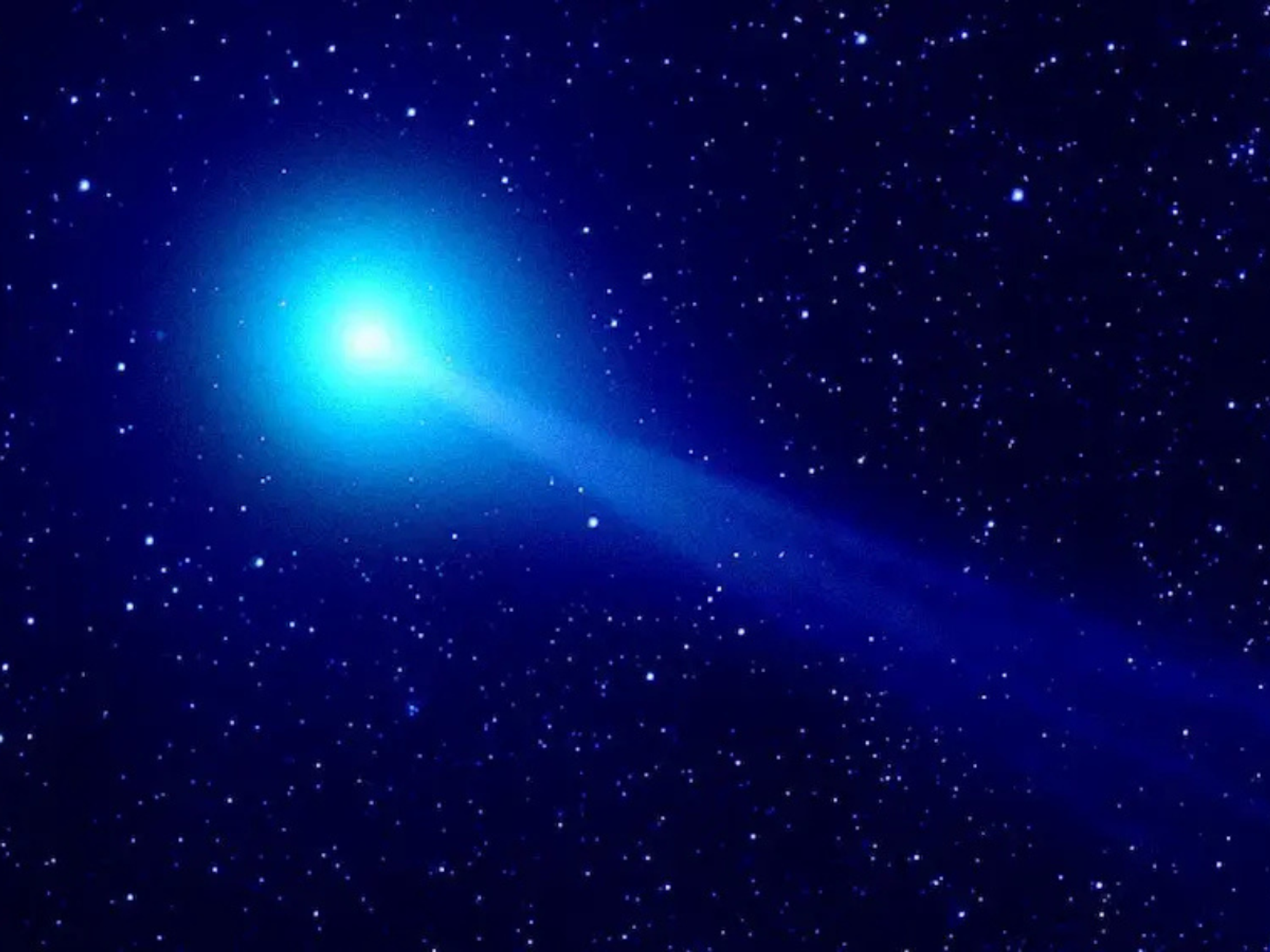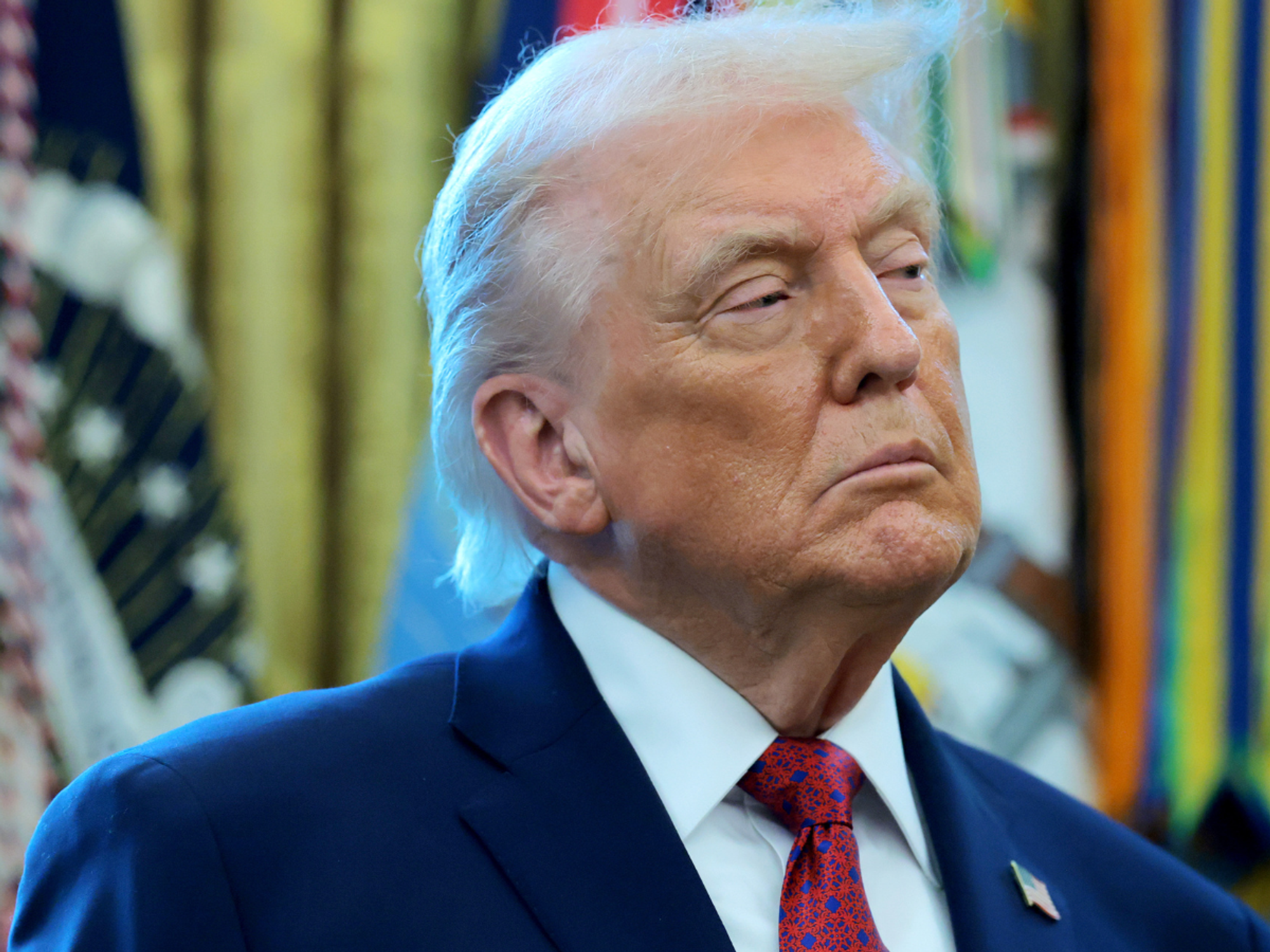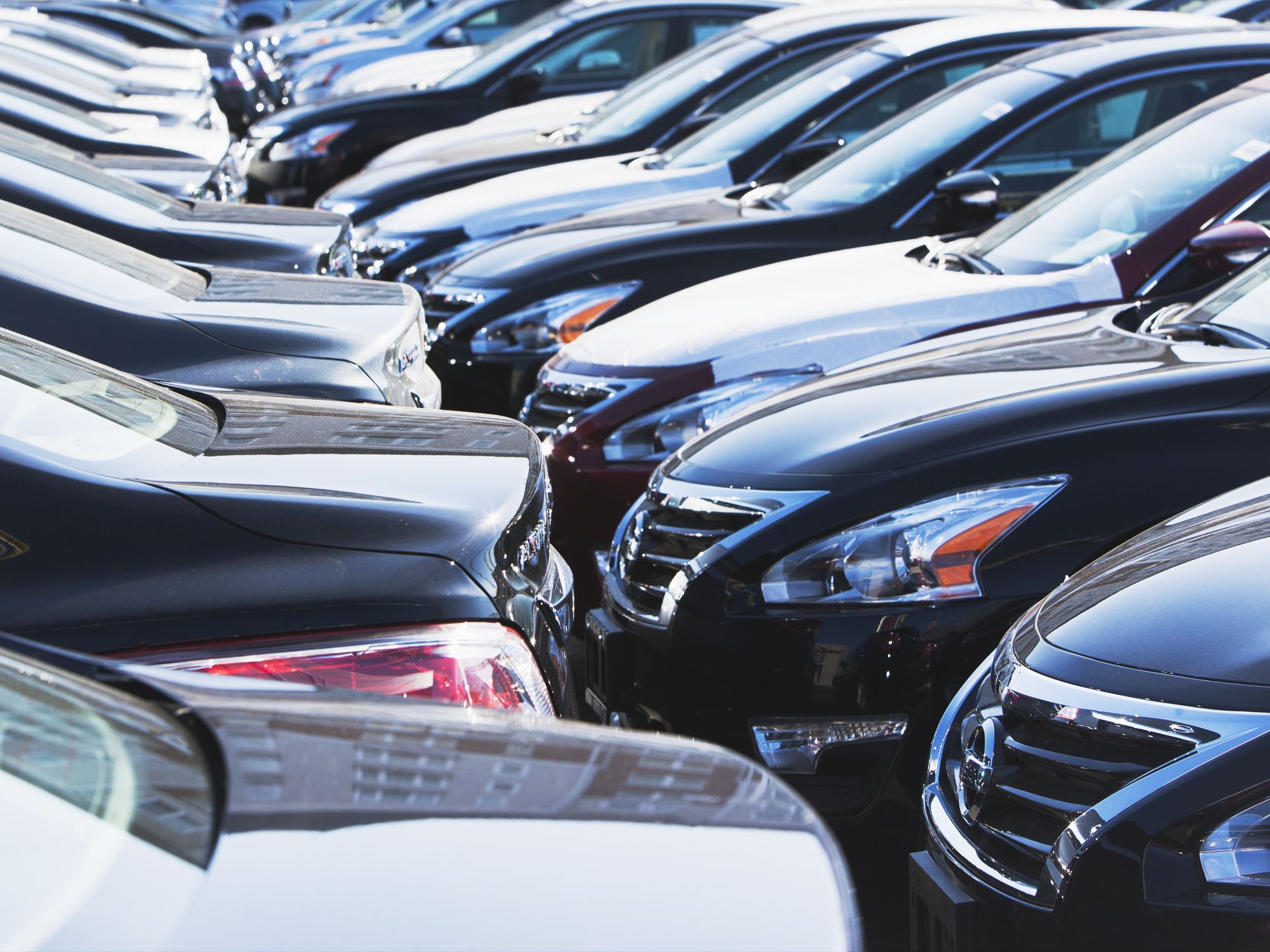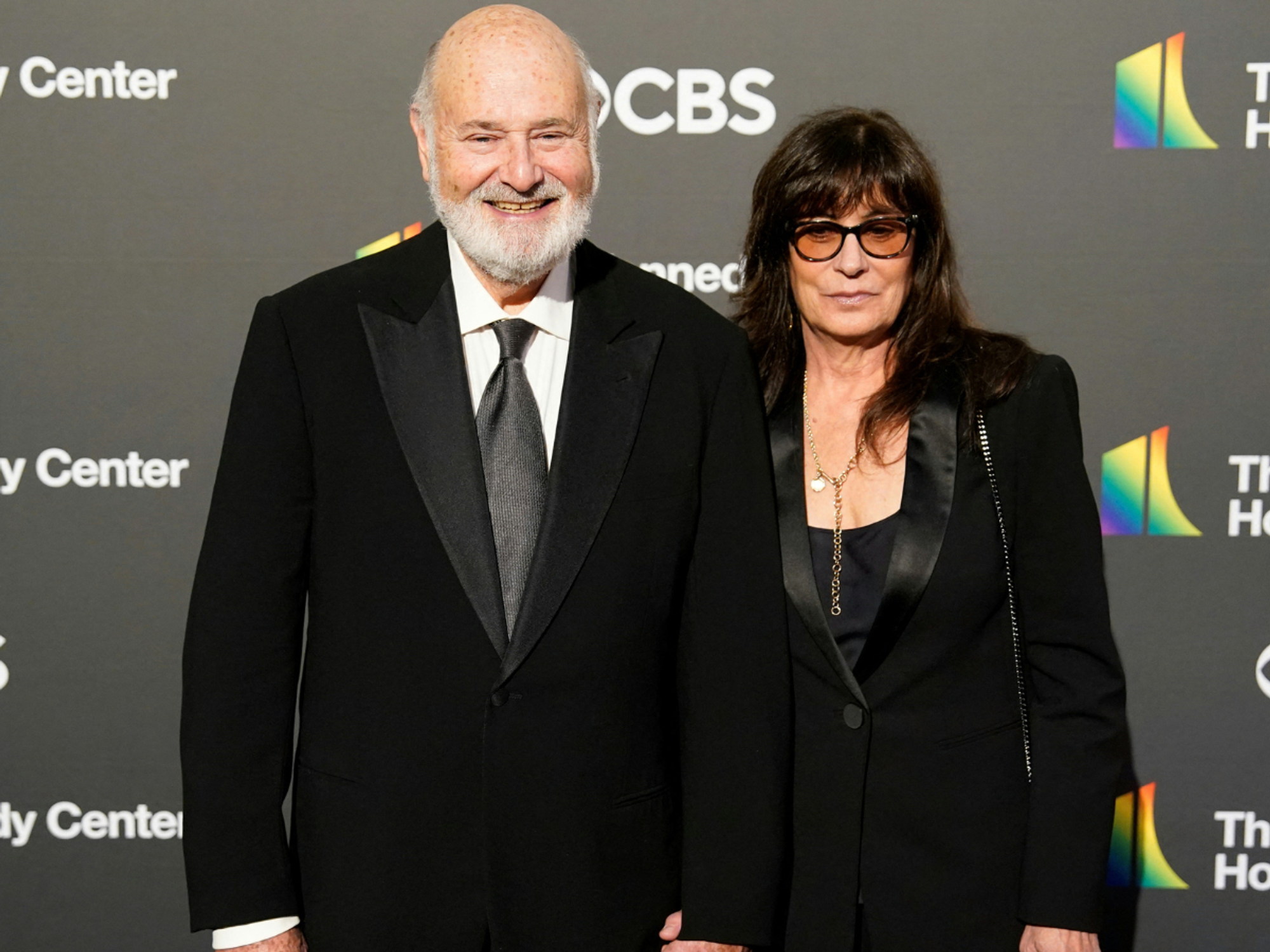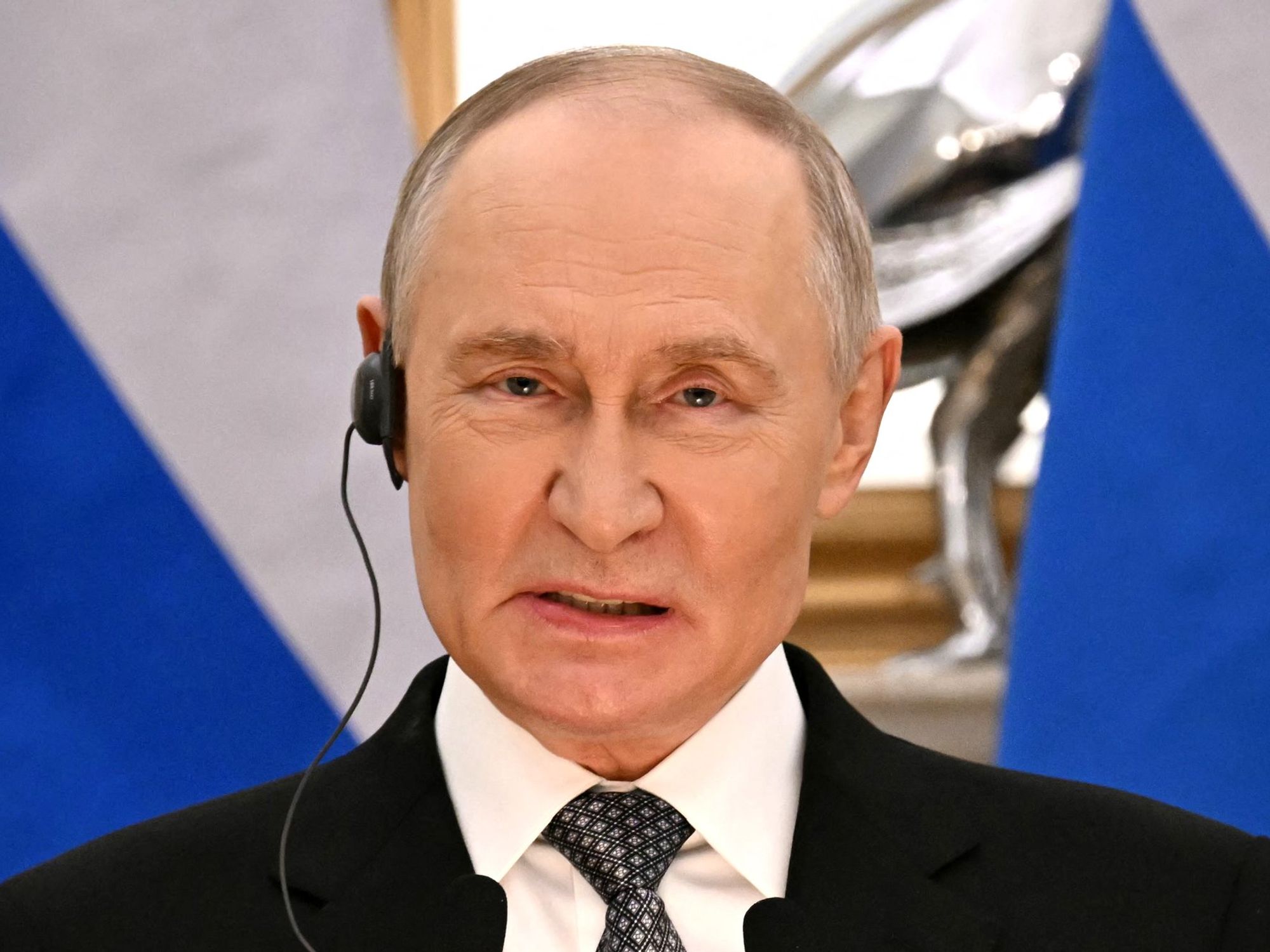UK suffering an 'identity crisis' a A THIRD of babies are born to foreign mothers: 'Urgent to stop mass immigration!'

Almost one-third of babies born in England and Wales last year were to mothers born outside the UK, new figures from the Office for National Statistics have revealed
Don't Miss
Most Read
Dr Paul Moreland has claimed that it is "urgent that we stop mass immigration" after it was revealed that one third of babies born in the UK were born to foreign mothers.
Data from the ONS (Office for National Statistics) showed 31.8 per cent of live births in 2023 were to mothers from outside of England and Wales, rising from 30.3 per cent in 2022.
Doctor Paul Moreland told GB News: "Integration is very hard to measure as it is a rather subjective thing. I mean, I am the child of a foreign born mother, when I was born 60 years ago on Friday. Foreign born children of foreign born mothers were a tiny percentage.
"When my parents came to this country, they were told, this is the greatest country in the earth. You're free to live your own life.
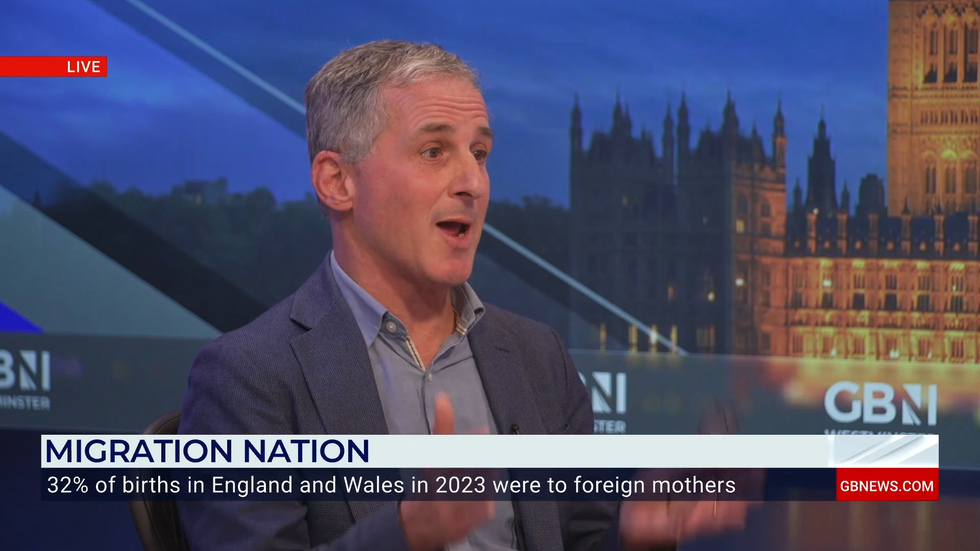
Doctor Paul Moreland said that stopping mass immigration is a matter of urgency
|GB News
"But fit in and be appreciative of that environment where you have a small immigrant cohort and where the surrounding culture, which is numerically overwhelming, is proud of itself, aware of its heritage, knows where it comes from and says to those arriving, be part of us, join us and be proud.
"It becomes numerically much greater when the country is having an identity crisis, it doesn't work."
LATEST DEVELOPMENTS
Host Jacob Rees-Mogg pointed out: "That's the problem, the identity crisis. We have so many people going around saying, this isn't a great country. We should be ashamed of our history. We've done terrible things,.
"This creates an uncertainty amongst people who have just come to this country thinking, like Dick Whittington, that they're coming to a place where the streets are paved with gold, because otherwise, why on earth did they come here?"
The expert responded: "I think it is the numbers as well, I think when you've got such large foreign born communities, people are able to live in an ethnic bubble, in a linguistic bubble, in a religious bubble, and really have very little contact with the wider society.
"So even without that identity issue, we have even without all the woke ideology, what's going on in our schools, etc, etc, even without that, I think the numbers we have now make it very hard for immigrant groups to integrate."

New data revealed that a third of babies in the UK are born to foreign mothers
|PA
Rees-Mogg asked: "What do you think can be done about it? Do you think that restricting immigration now could help the numbers who are already here integrate and would stop the issue developing, or is it too late?"
Dr Moreland replied: "I don't think it's too late. It's never too late. I think it's urgent to stop the mass immigration. I think the other thing, and this is really important, and I take every opportunity to say it is that if we do stop immigration, we are going to have terrible labor shortages.
"The way around that is now to start addressing seriously the fact that we have too few children. Many communities in this country have too few children, including the still predominant white British now."
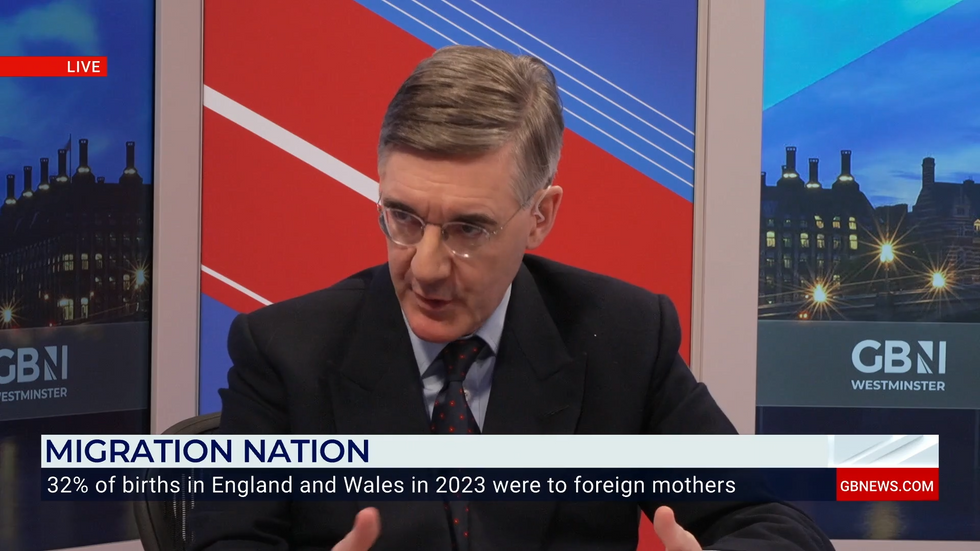
Jacob Rees-Mogg asked "what can be done about this?"
|GB News
India remained the most common country of birth for non-UK-born mothers in England and Wales last year, accounting for 3.6 per cent of all live births.
London saw the highest proportion of births to parents where at least one was born outside the UK, with more than two-thirds (67.4 per cent) of live births.
The lowest proportions were recorded in Wales at 17.5 per cent and the North East of England at 20.5 per cent.


